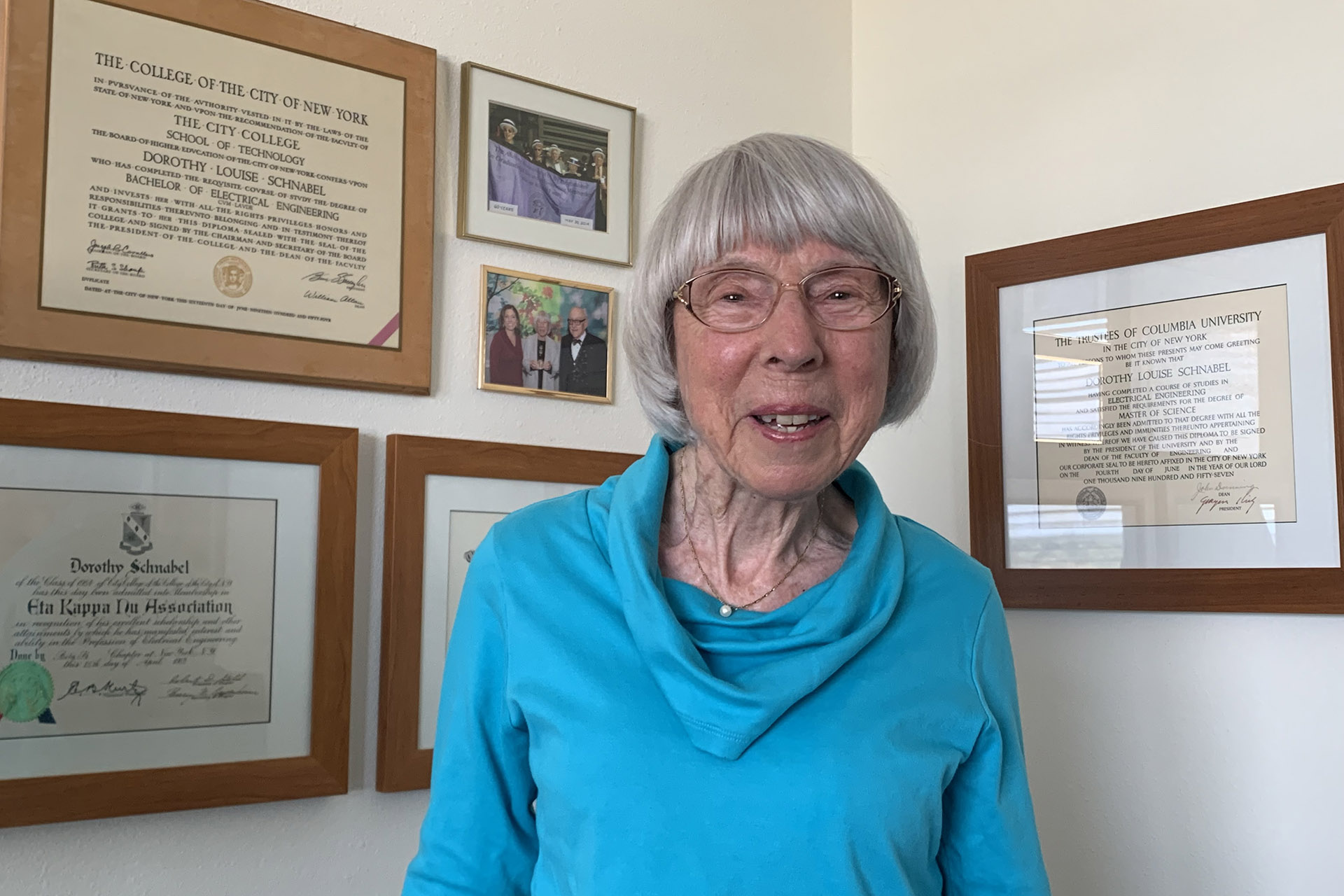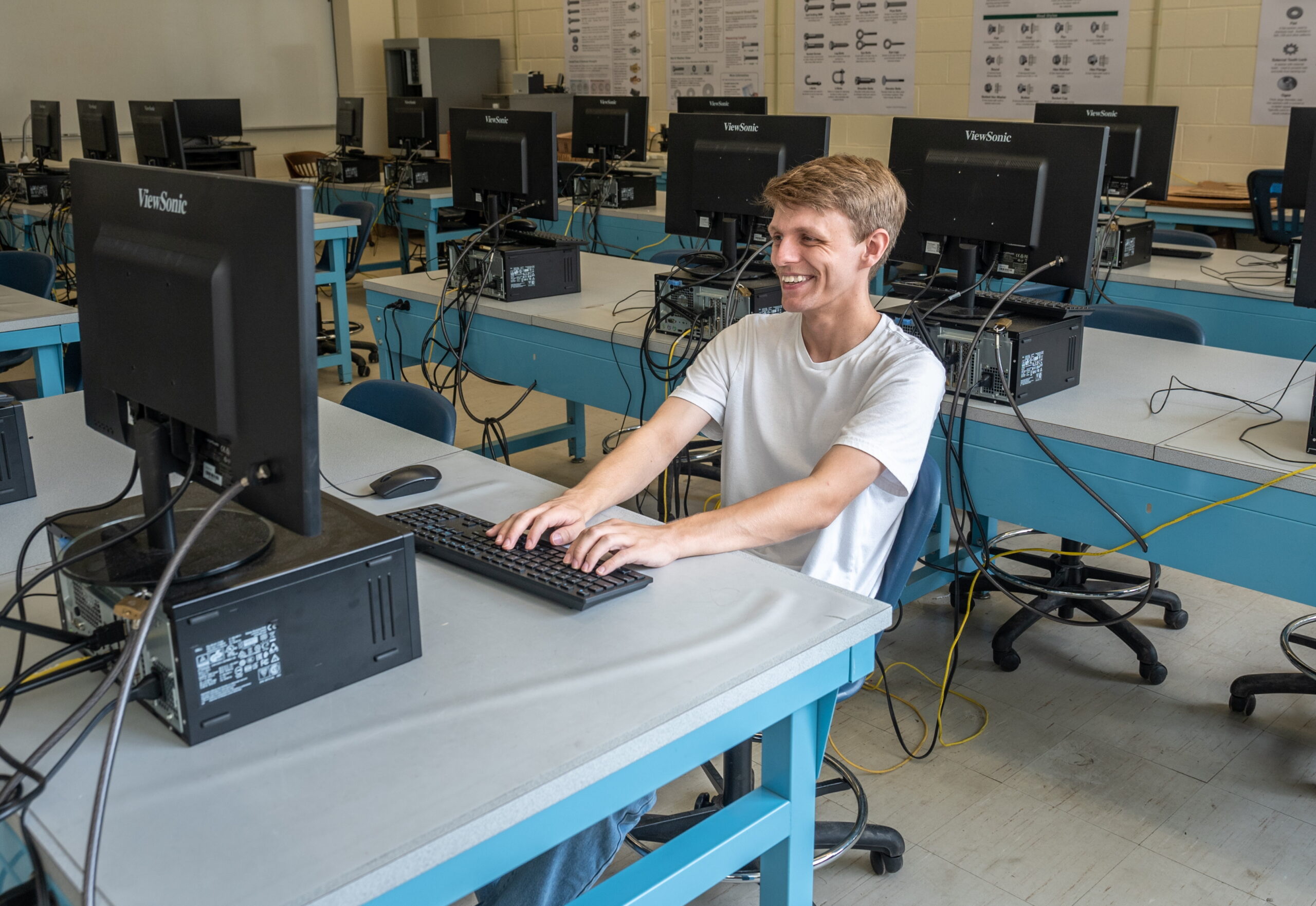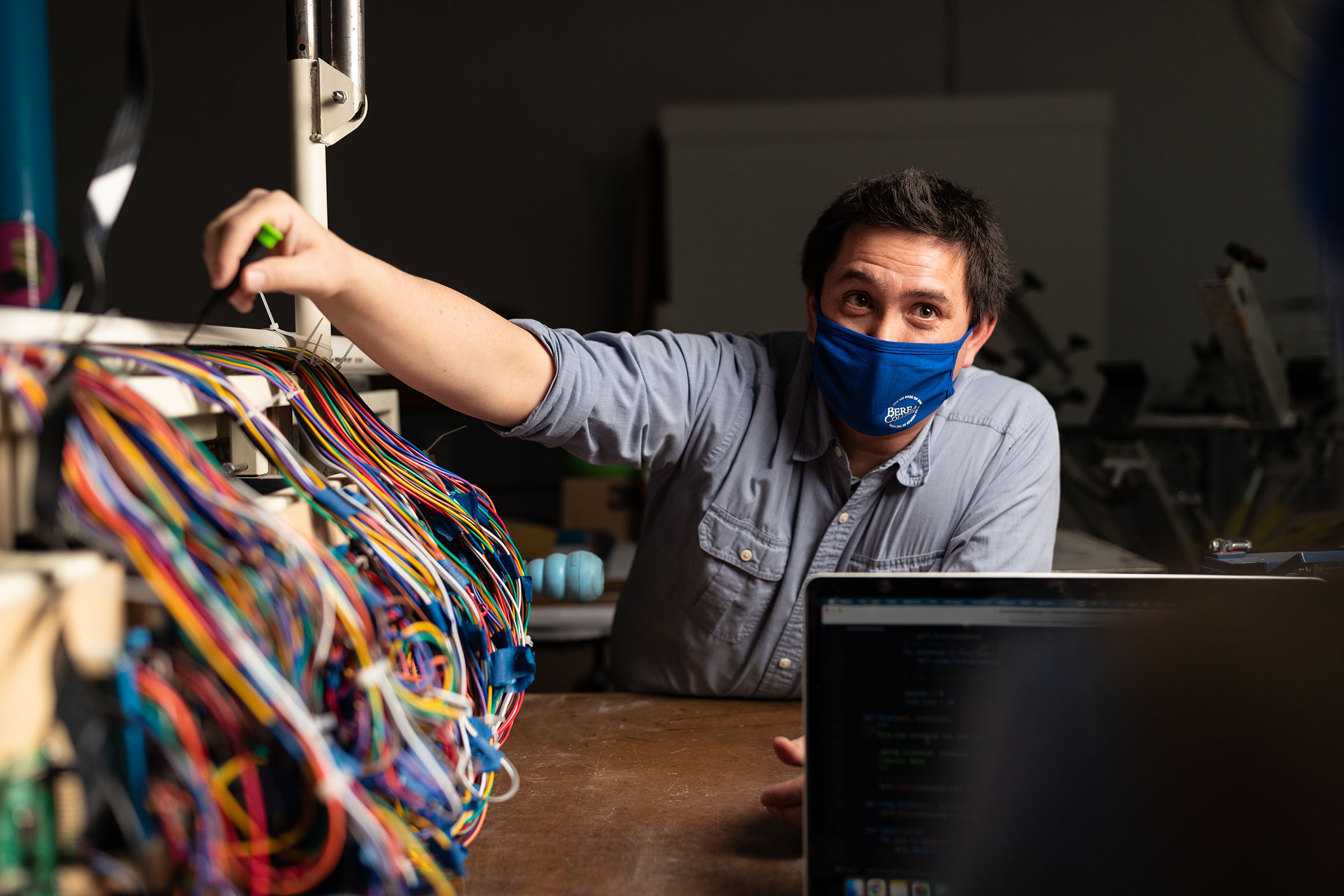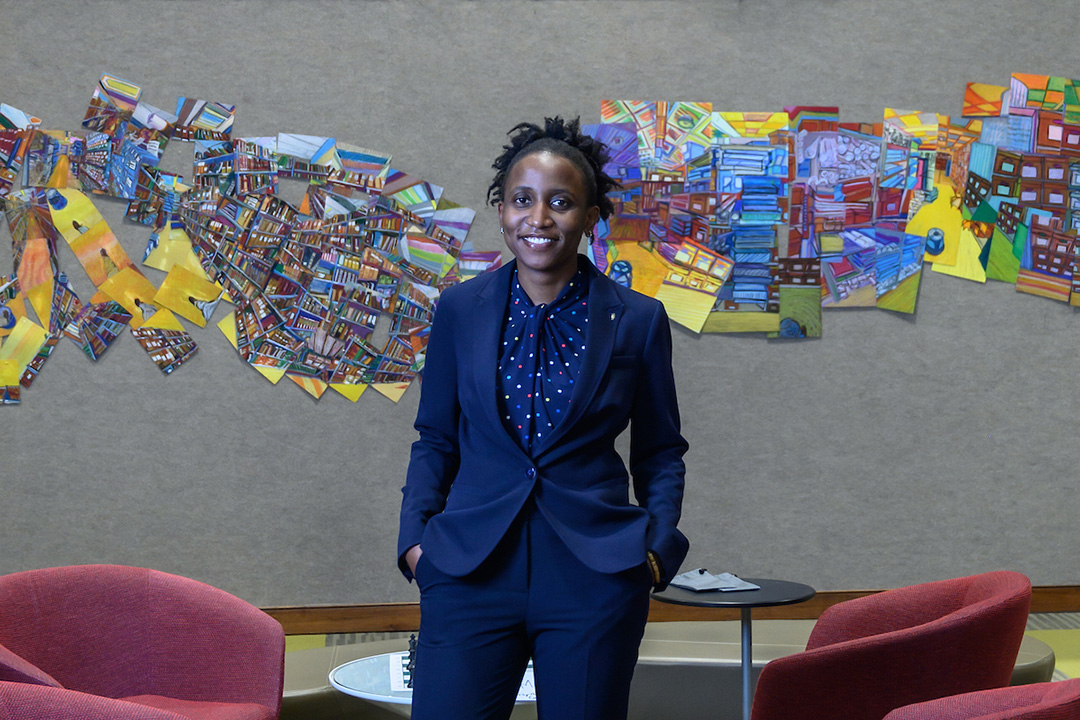In 1957, more than a century after Berea College became the first southern school to co-educate Black and white women and men, a brilliant New York engineer named Dorothy Schnabel became one of the first women to develop computer processors and software for technology giant IBM. Schnabel would go on to spend more than 30 years at IBM, before continuing her work as a researcher at the University of South Florida. Her remarkable feats inspired entire generations of women—like the Computer and Information Science students of Berea College—to fight for their career dreams in male-dominated fields.
“Through college and the early part of my career, I was often the only woman in the room,” Schnabel said. “I’m very glad that’s starting to change.”
“Through college and the early part of my career, I was often the only woman in the room,” Schnabel said. “I’m very glad that’s starting to change.”
Dorothy Schnabel
As a woman and first-generation college student in the 1950s, Schnabel found herself locked out of many educational pathways to becoming an electrical engineer. Thankfully, she made her way to the City College of New York (CCNY), which was tuition-free at the time and continues with a mission of social and economic equity akin to that of Berea College.
“At CCNY I wasn’t just admitted. I was well-accepted by students, faculty, and staff. I earned excellent grades,” Schnabel said.
At CCNY, Schnabel found a diverse and welcoming environment, along with open-minded mentors like Professor Dr. Cecilie Froehlich. At CCNY, Froehlich taught advanced courses in mathematics in the department of electrical engineering, and happily supported Schnabel’s efforts in engineering school. Dr. Froehlich and Schnabel were awarded the Women’s Badge of Tau Beta Pi, the national honorary society for all branches of engineering, by the CCNY chapter (society membership was not extended to women at the time). Schnabel’s academic brilliance simply thrived in such a supportive atmosphere, which is why she chooses to support the work of Berea College.
“Like my alma mater, Berea is intentional in helping students who get overlooked or priced out elsewhere,” she said. “I give to Berea College because Berea offers women opportunities that many schools do not.”
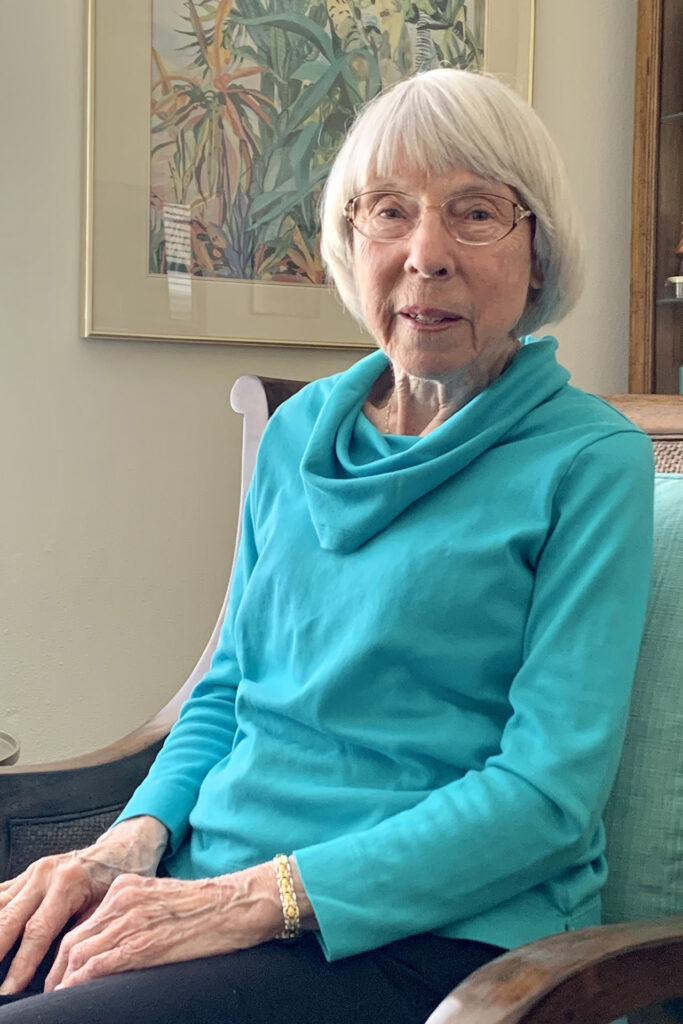
Schnabel also credits her alma mater’s cutting-edge coursework for preparing her to excel in graduate study at Columbia University and to later create digital logic for groundbreaking cryptanalysis by an early supercomputer. At IBM, she also developed computer processing units and eventually worked her way up through several levels of management, where her most satisfying work was seeing “advances in computer capability as new technologies and innovations occurred.”
Like Ada Lovelace and other pioneering women in computer science, Schnabel’s contributions to her entire field reach far beyond her remarkable individual work. Her management roles and networking savvy allowed her to help others advance their careers as well, including younger generations of women at IBM.
“I had the opportunity to help a number of people advance under me, and because of some of the jobs I had worked across divisions, I had a significant network of contacts. I was able to find good positions for people who wanted to move up.”
Though pioneering a 30-year career in one of the most male-dominated fields asked a lot of Schnabel, she still believes her work to open doors for young women in Science, Technology, Engineering, and Mathematics (STEM) fields is far from over. Now, Schnabel continues to help women in computer science by supporting the Mothers’ Room in Berea College’s all-new Computer Science, Digital Media, and Information Technology Building. The Mothers’ Room provides a dignified space for women to feed and care for their young children, all without having to sacrifice access to their classrooms, professors, peers, or work experience in Berea’s one-of-a-kind Labor Program.
“The Mothers’ Room at Berea recognizes the unique responsibilities that women have. It offers encouragement to women who seek a career out of interest or necessity or both,” Schnabel said. “Rates of women in the industry are not as high as I would expect them to be. We need their creativity and insight, and they deserve that opportunity. They can find that at Berea.”

